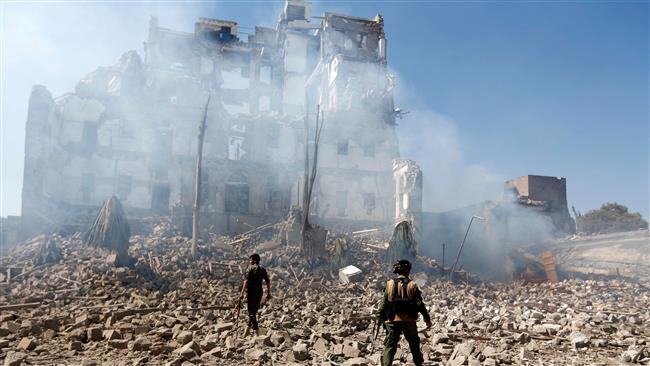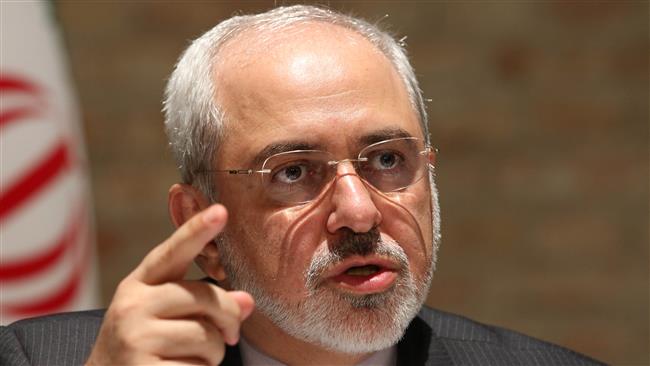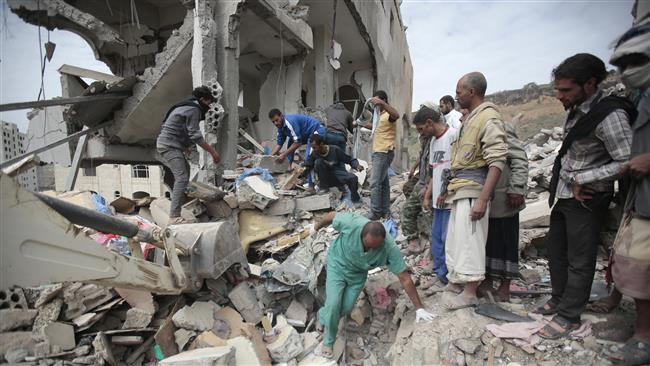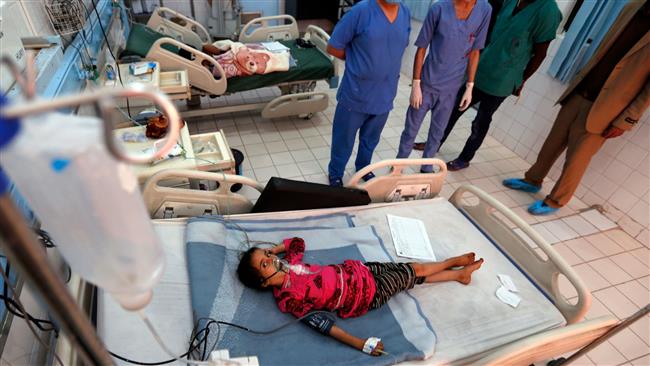Yemenis rally in Sa'ada to mark 1000th day of Saudi war
Thousands of Yemenis have taken to the streets of the northwestern city of Sa’ada to mark the 1000th day since the Saudi regime and its allies launched a devastating war on the country.
The protesters condemned on Tuesday the deadly Saudi airstrikes, calling on Arab states to stop supporting the kingdom in its deadly aggression against Yemen.
Saudi Arabia led a number of its vassal states in invading Yemen in March 2015 in a bid to eliminate Yemen’s Houthi Ansarullah movement and reinstall the Riyadh-friendly former regime headed by Abd Rabbuh Mansur Hadi.
Back then, Saudi Arabia wishfully believed that the war would end soon, but it has dragged on for almost two years and nine months, without achieving any of its declared objectives.
That mission failure has come despite the spending of billions of petrodollars and the enlisting of the cooperation of Saudi Arabia's regional and Western allies.
The Saudi-led war, which is accompanied by a land, aerial and naval blockade of Yemen, has so far killed more than 12,000 people and destroyed much of the country’s infrastructure, including hospitals, schools and factories.
The United Nations has warned that millions of people will die in Yemen due to famine unless the Saudi-led coalition ends its devastating blockade on the impoverished state.
Separately on Monday, over 350 high-profile global figures urged the US, Britain and France, the three Western backers of Saudi Arabia’s bloody offensive on Yemen, to use their UN Security Council seats and help ease the sufferings in the Arab nation instead of fanning “the flames of war” there.
Meanwhile, the international humanitarian agency CARE also warned that Yemen risks sliding into famine and further disease outbreaks unless all its ports are fully reopened.
“More than 22 million people in Yemen are in need of humanitarian aid, 7 million people face famine-like conditions and the country is experiencing one of the worst cholera outbreaks on record,” it said.
CARE’s Country Director in Yemen Johan Mooij said that while some land, sea and air ports had recently reopened, the country’s main ports remained closed to commercial imports.
“The situation is appalling,” he said. “Today millions of Yemenis are facing multiple crises of war, hunger, disease outbreaks and recent blockades on fuel and commercial imports.”
VIDEO | Yemenis praise the military for its successful operations against Israel
VIDEO | Israel continues to bomb Gaza homes
VIDEO | An insider's view of the country: Meybod City in Yazd
‘All wars have rules. All of those rules have been broken’ by Israel
VIDEO | Report flags India’s violation of rights of Rohingya detainees
Turkey's foreign minister meets Syria's de facto leader in Damascus
VIDEO | US Syria plots
'Next to impossible' to rescue patients from Gaza's Kamal Adwan Hospital: Director















 This makes it easy to access the Press TV website
This makes it easy to access the Press TV website